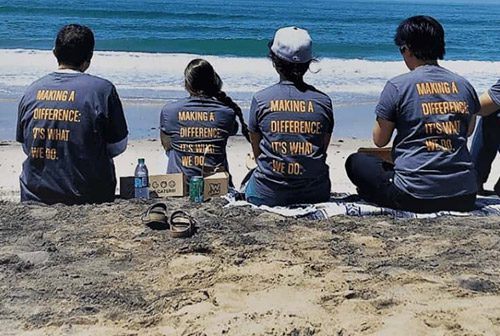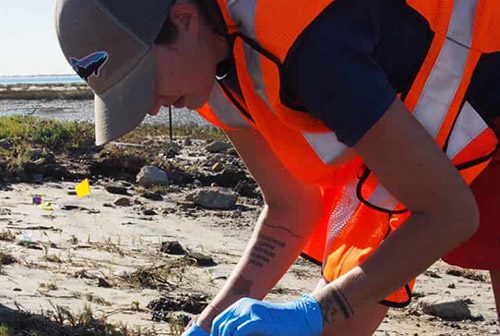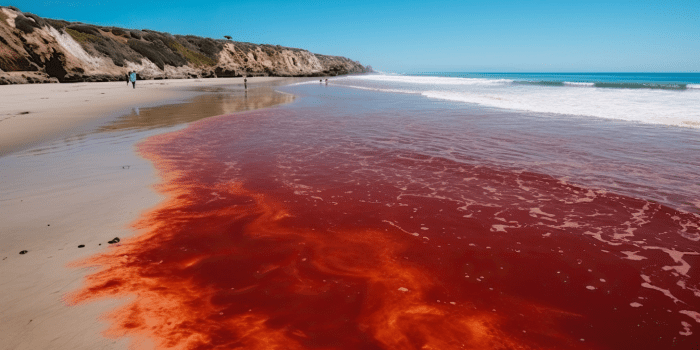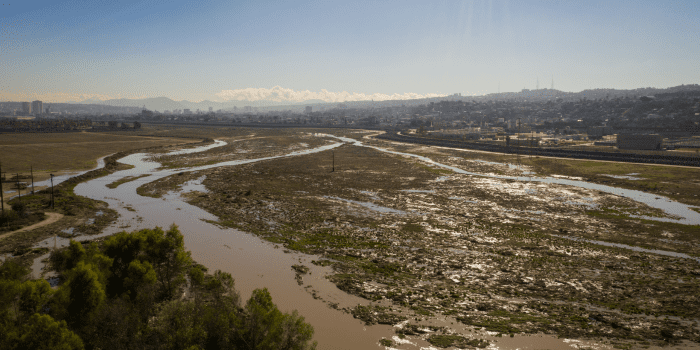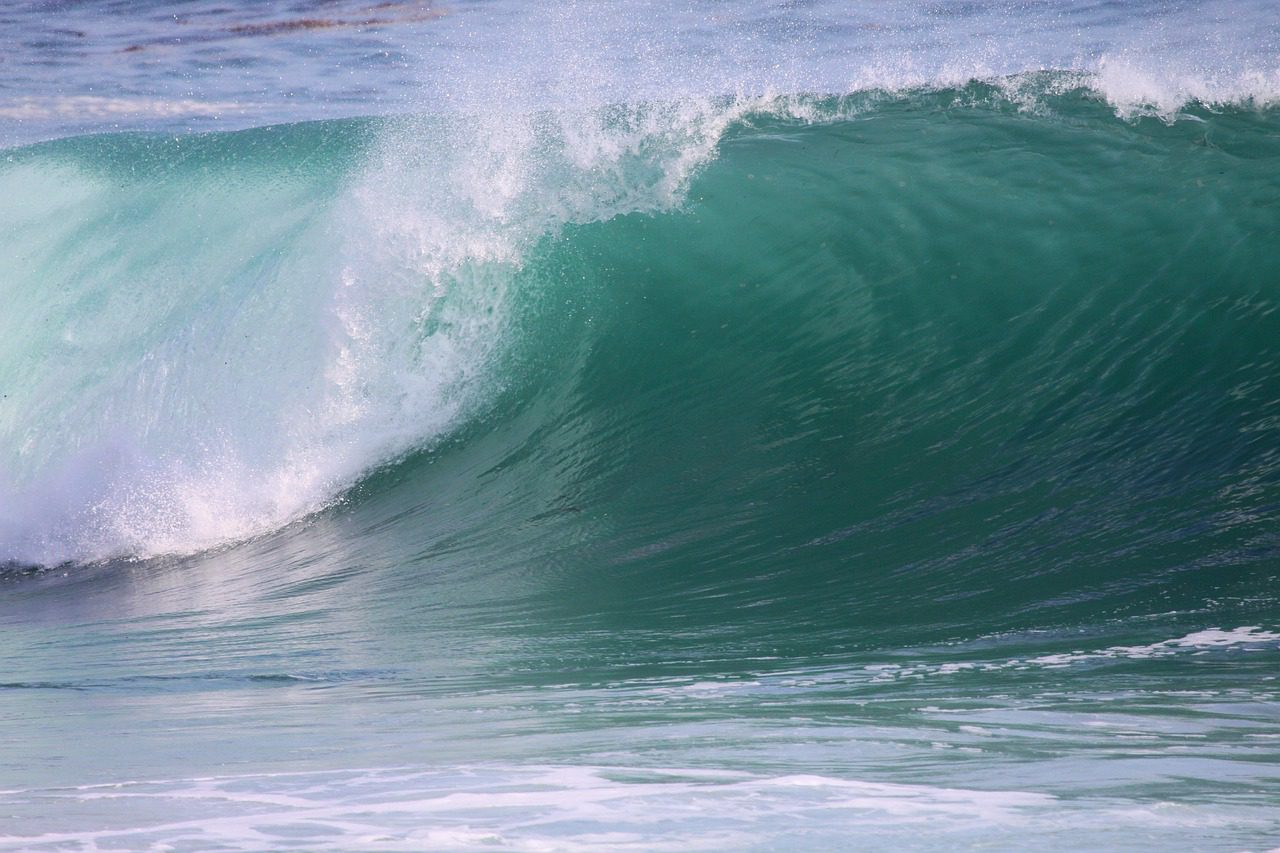

Lately, I have spent a great deal of time on efforts in the lead-up to the San Diego County Water Authority’s recent vote on the adoption of its Regional Water Facilities Optimization and Master Plan Update (Master Plan). As expected the vote upheld the business-as-usual and environmentally neglectful policies of the past. To the frustration of many, the plan and its accompanying environment and climate change documents fail to address the greater impacts of the region’s water supply system including environmental damage, increasing ratepayer costs, greenhouse gas pollution and climate change.
In addition to the Master Plan, which explores the region’s needs for and options to address water supply through 2035, the Water Authority also approved the accompanying Supplemental Program Environmental Impact Report and Climate Action Plan. Unfortunately the deficient Climate Action Plan will allow for the Water Authority to continue prioritizing water sources that are both energy-intense and environmentally damaging; namely additional imported water and conveyance, and additional desalination plants. I will talk in more detail about cheaper, more environmentally responsible alternatives to desalination, including the City of San Diego’s potable reuse project, in a later blog post. For now, I want to focus on the Master Plan and the supplemental documents.
In the months leading up to this vote, I worked in coordination with other environmental and social justice organizations, known collectively as San Diego Bay Council, which includes groups like the San Diego chapter of the Surfrider Foundation, Environmental Health Coalition, North County Coastal Group, Coastal Environmental Rights Foundation and others. Most of us had been part of this planning process since early 2013 and have repeatedly called on the Water Authority to prioritize conservation and recycling, and implement an appropriate and responsible climate action plan. As evidenced by the vote, the Water Authority has repeatedly declined to incorporate any of this feedback into its plan, noting that it believes it is not responsible to account for the energy use of its water supply strategy, leaving that to its suppliers and customers to sort out. Does that seem fair or responsible to you?
The vote was disappointing in that it shows the Water Authority sidestepping an opportunity to safely and economically usher the region into a much-needed new water supply paradigm. What seems to have been ignored all together by this plan is the amount of energy it takes to supply water. As approved, the plan misses the opportunity to issue a water loading order, which would prioritize the least environmentally damaging sources of water. This would have led to water supply solutions that better protect the environment and reduce very costly infrastructure needs.
As you can see, its decision also means that the trend continues: lower-cost and more environmentally friendly and energy-efficient water source solutions are being downplayed or ignored to the detriment of our environment and pocket books. In a region so desperate for water, we must assure that our water sourcing portfolio is both diverse and effective while making informed decisions based on a variety of factors including cost, environmental impact, energy intensity, and ratepayer implications.
And let us not forget, another issue at stake is the depletion of one of the nation’s most vulnerable waterways, the Colorado River. Our region’s water needs have contributed heavily to the fact that for the last decade the Colorado River has been drained dry by the time it reaches the Sea of Cortez. The Save the Colorado organization points out that, “While the destruction of the river is a clear and obvious consequence of our actions, additional threats to the Colorado River – from its headwaters in Rocky Mountain National Park, all the way to its dry destiny near the Sea of Cortez – are increasing with each tick of the clock.” Can we really afford to wait to take action?
I want to be clear that, while the vote and other Water Authority efforts have disappointed, they are not the end of the story. We still have power as citizens and the region is brimming with potential. You can help prove me right by donating to our efforts, volunteering for one of our many monthly events to care for our beautiful and bountiful waters and beaches and you can let your voice be heard by contacting your local representatives on the San Diego County Water Authority Board with your thoughts on their totally-off-the-mark plan.









